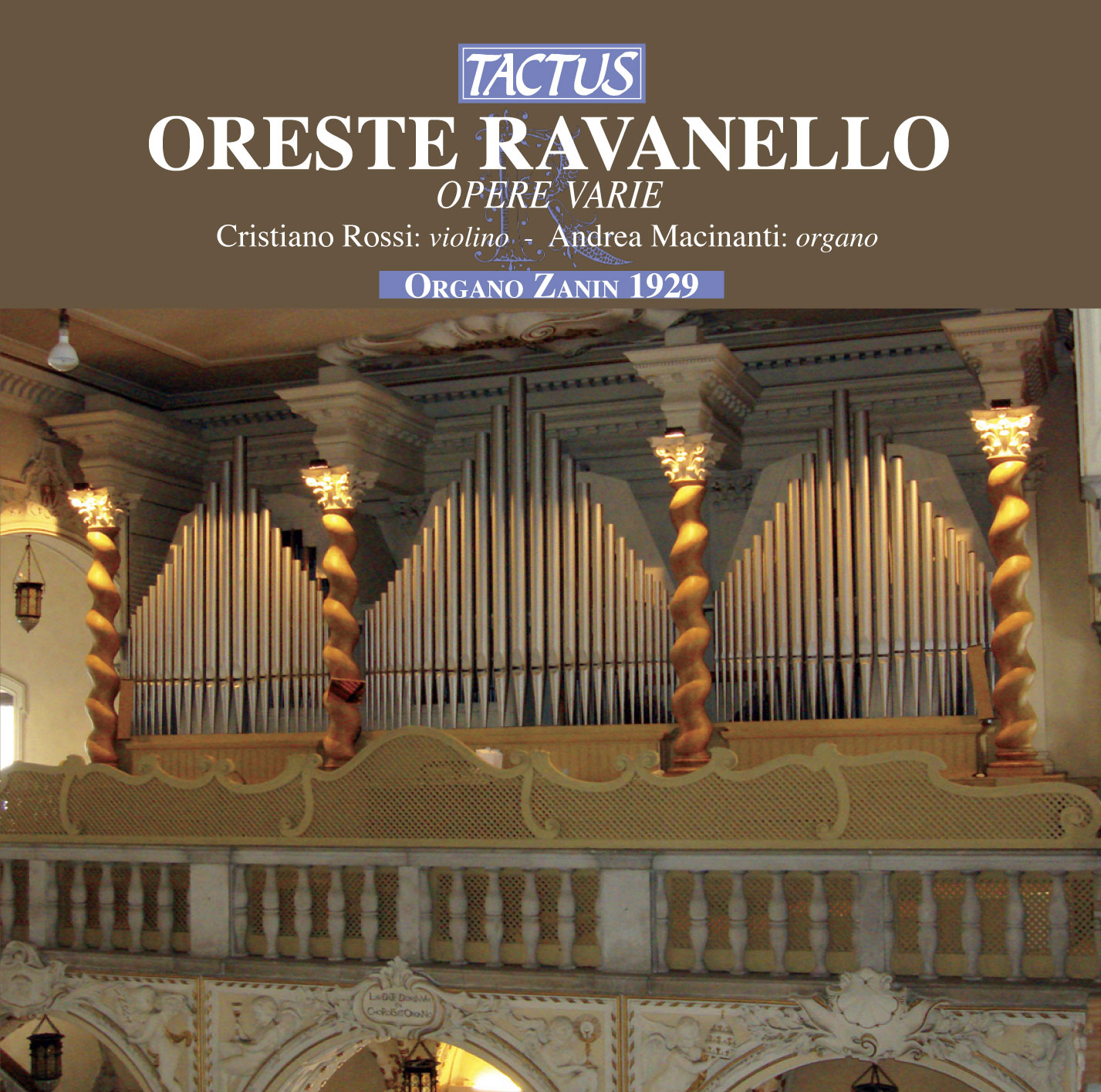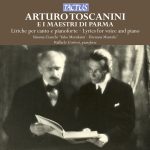RAVANELLO ORESTE
Oreste Ravanello was born in Venice on 25 August 1871, and his parents were amateur musicians.
He started to study the piano at the Liceo Musicale Benedetto Marcello there, but at the end of the second year he was asked to leave ‘…
because he had no talent for music’.
So he studied the organ and composition privately under Andrea Girardi (organist of St.
Mark’s Basilica), and history of music and Gregorian Chant with P.
Angelo De Santi, attaining his certificate of music at the age of 16 with the diocesan commission of the Associazione Italiana Santa Cecilia.
In 1889 he was appointed organist to the Schola Cantorum in St.
Mark’s, in the same year that Giovanni Tebaldini became its director.
In 1893, when the young Lorenzo Perosi took over from Tebaldini, and Marco Enrico Bossi arrived in Venice to take up the post of Director and professor of organ at the Liceo Musicale, Ravanello became the second organist of St.
Mark’s Basilica; two years later he was appointed first organist.
At this time the memorable musical get-togethers took place between the formidable trio of musicians and friends, Bossi, Perosi and Ravanello.
‘Duels’ in improvisation took place on the two organs in St.
Mark’s (Gaetano Callido, 1766.
Cornu Epistolae and William Gorge Trice, 1893.
Cornu Evangelii), often in the presence of Cardinal Giuseppe Sarto, who was to become Pope Pius X.
In 1898 Ravanello became maestro di cappella of the Basilica of Sant’Antonio in Padua, a role he held until 1936.
In 1902 Bossi named him successor to his position of professor of organ: Arnaldo Bambini, Ireneo Fuser, Goffredo Giarda and Maffeo Zanon were amongst his pupils.
From 1912 to 1938 he taught composition at the Istituto Musicale Cesare Pollini in Padua, where he was director, and where he invited Arnold Schönberg to direct Pierrot Lunaire.
He died in Padua on 2 July 1938.
He was a virtuoso and incredible improviser, and he and Bossi were considered to be the greatest Italian organists.
He was a profound scholar of early polyphony (he examined the entire corpus of Palestrina’s works) and was a strong supporter of the Cecilian Movement.
His numerous compositions were mainly written for liturgy.
Some of his more extensive works are cornerstones of the Italian organ music of that period, such as Sonata in D minor and the Fantaisie Op.
31 on this CD, the Sei pezzi per grand’organo Op.
50, Adorazione, the Suite entitled Mystica and the Tema e variazioni.
Tracklist
Ravanello, Oreste
Fantaisie, Op. 31
1 - Fantaisie, Op. 31 (9:48)
Violin Sonata in F Minor
2 - Violin Sonata in F Minor (11:11)
4 Pieces, Op. 39
3 - 4 Pieces, Op. 39: No. 1. Preludio romantico (4:39)
Contemplazione, Op. 117, No. 3
4 - Contemplazione, Op. 117, No. 3 (3:20)
3 Pieces, Op. 40
5 - No. 1. Prelude gothique (3:40)
6 - No. 2. Chanson nordique (4:48)
4 Pieces, Op. 112, "stile extraliturgico"
7 - No. 1. Preludio (2:50)
8 - No. 2. Armonie sul nome di Bach (2:42)
9 - No. 3. Bluette (2:36)
10 - No. 4. Toccata brillante (3:15)
Andante, Op. 117, No. 1
11 - Andante, Op. 117, No. 1 (5:00)
Organ Sonata in D Minor
12 - I. Allegro giusto (7:32)
13 - II. Canzone (8:53)
14 - III. Finale: Toccata (6:01)
- Composer: RAVANELLO ORESTE
- Performers: Cristiano Rossi, Violin · Andrea Macinanti, Organ
- Historical Period: Romanticism
- Code: TC 874301
- Edition: JUN 2008
- Barcode: 8007194104288
- Set: 1
- Total tracks: 14
- Total duration: 01:16:08






